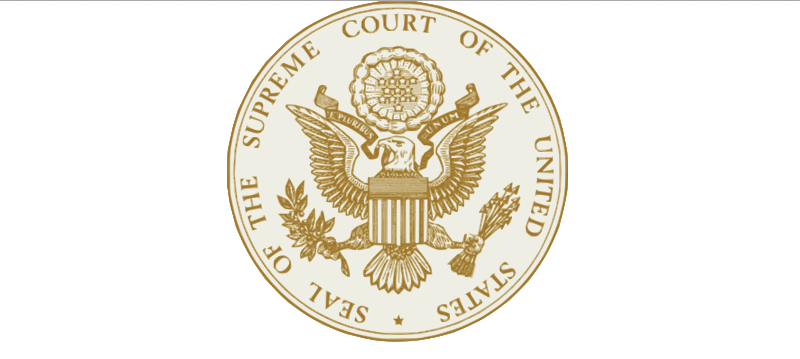The Supreme Court finally gets a reasoned defense to recent political attacks
As reported by Reason.com a leading Appellate Law practitioner, Kannon Shanmugam, has come to the defense of the Supreme Court in response to recent political attacks. Rather than rebutting the reasoning of recent Supreme Court opinions, the response of a certain political party has been to bully and intimidate the Court by threatening to alter its jurisdiction and make-up.
It is therefore important that Mr. Shanmugam has the courage to point out the obvious. Namely, that recent attacks (emanating from one political party and one side of the ideological spectrum) are politically-motived and are done in lieu of actually engaging the recent decisions of the Supreme Court on their merits. As Mr. Shanmugam said:
But today, I am breaking that habit to address the recent criticisms of the Supreme Court's legitimacy. I am doing so for a simple reason: because I revere the Supreme Court. I had the fortune of a lifetime to clerk at the Court for one of the greatest Justices of this generation or any other, Antonin Scalia. Since then, I have devoted my professional life to the Court, having spent the last 20 years arguing cases there. My wife and I even got engaged on the Court's front steps. And I firmly believe that, for all the challenges it faces, our Supreme Court is the finest high court in the world—a model for other countries to follow.
Perhaps for that reason, I have found the recent attacks on the Court to be dispiriting. At the risk of giving away the punch line to my remarks, I believe that the criticisms of the Court's legitimacy are unfounded. But more than that, I believe that attacks on the Court's legitimacy are dangerous—undermining public confidence in the Court and imperiling the rule of law. Finally, I believe that critics of the current Court would be better served engaging with the Court's work on the merits.
Scroll down below to send us a question or a comment.






